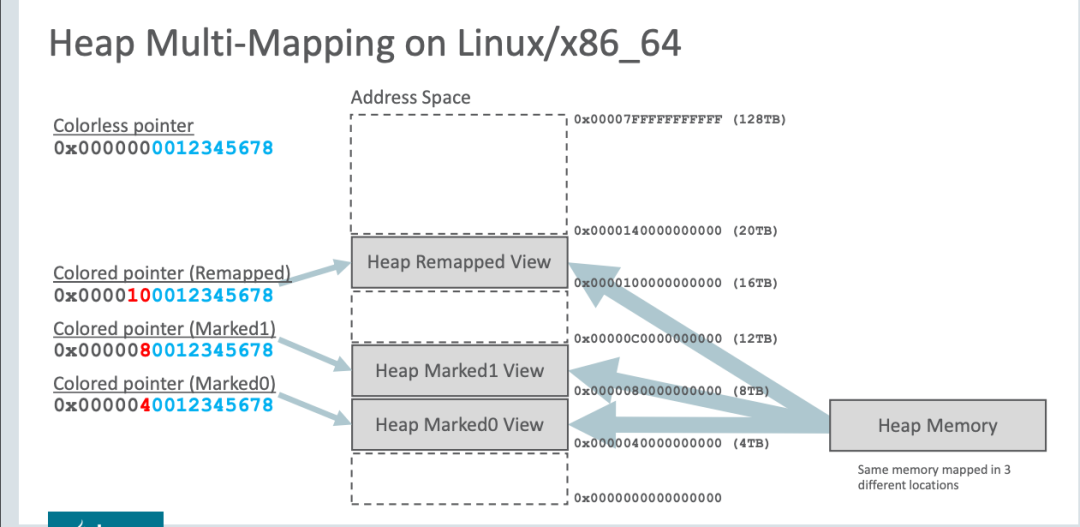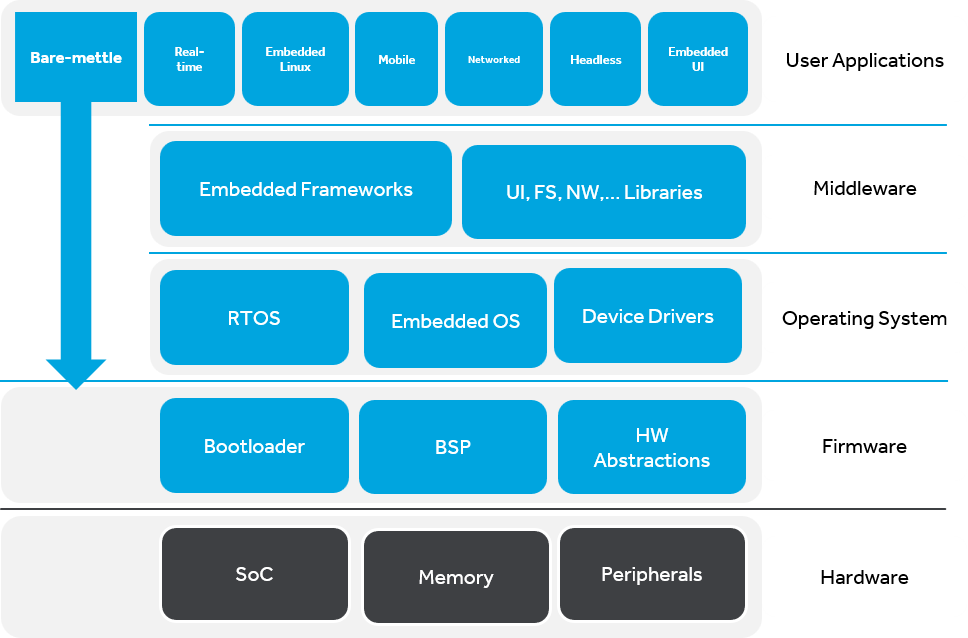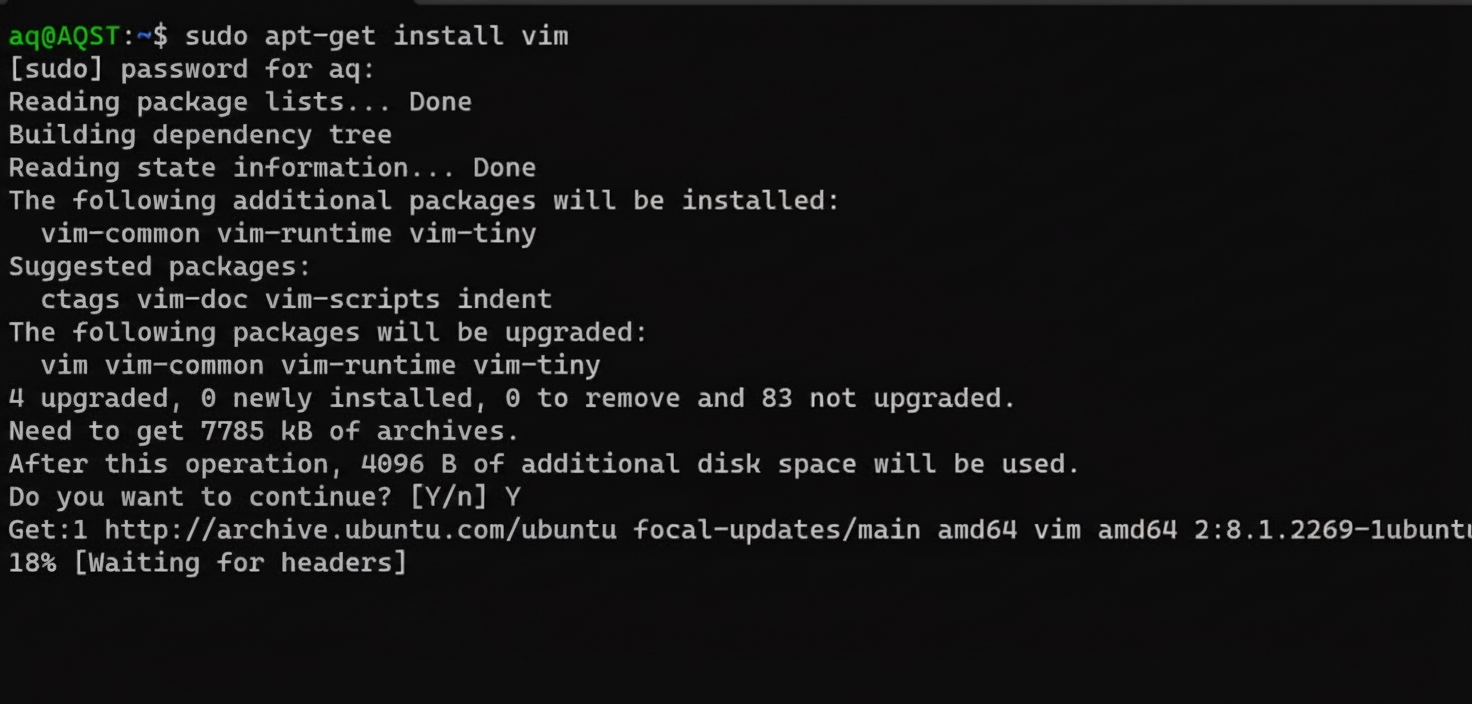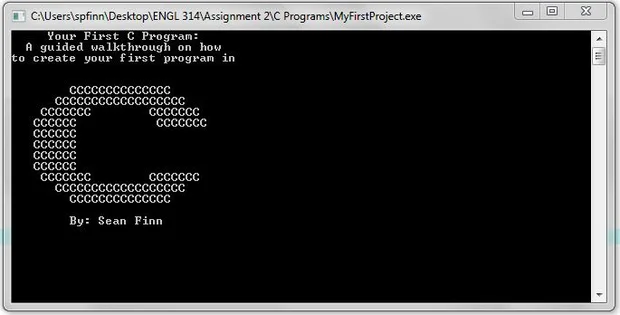In software development, particularly in embedded systems and large-scale projects, excessive use of global variables can lead to significant challenges. Below is an overview of the key drawbacks associated with overuse of global variables, followed by strategies to mitigate these issues.
Drawbacks of Excessive Global Variables
1. Poor Code Readability
When global variables are scattered across multiple source files, especially with inconsistent or unclear naming conventions, code readability suffers significantly. Developers struggle to understand the purpose and scope of these variables, making it harder to follow the program's logic.
2. Increased Maintenance Difficulty
As the number of global variables grows, naming conflicts or confusion between modules can arise, complicating code maintenance. Global variables create complex dependencies, making it difficult to trace data flow. This increases the learning curve for new developers and raises the effort required for modifications and debugging.
3. Reduced Portability
Global variables are often tied to specific hardware or system configurations, reducing code portability across different platforms. As projects scale and functionality expands, managing these variables becomes increasingly challenging, limiting the project's adaptability to new environments.
4. Memory Management Issues
Excessive global variables can lead to memory-related problems, particularly in resource-constrained environments like microcontrollers. Improper management of global variables may cause memory leaks, where allocated memory is not properly released. Additionally, frequent allocation and deallocation of memory tied to global variables can result in memory fragmentation, reducing memory utilization efficiency.
5. Increased Risk of Bugs
Multiple functions or modules accessing and modifying global variables without proper synchronization can lead to data inconsistencies and unpredictable behavior. A change to a global variable in one function may inadvertently affect unrelated functions, introducing subtle bugs that are difficult to identify and resolve.
6. Hindrance to Modular Design
Global variables often undermine modular design by increasing coupling between modules and reducing their independence. This makes code less reusable and harder to maintain, as modules rely heavily on shared global state rather than well-defined interfaces.
7. Debugging Challenges
Global variables complicate debugging, especially during unit or system-wide testing. Testers must ensure global variables are in the correct state before each test, which becomes difficult when variables can be modified from multiple code locations. This makes it challenging to pinpoint the root cause of issues.
Strategies to Mitigate Excessive Global Variables
To address the issues caused by excessive global variables, developers can adopt the following practices:
1. Use Static Local Variables
Static local variables can replace global variables in cases where data needs to persist within a specific scope, preventing unintended modifications from other parts of the code.
2. Leverage Pointers and References
Instead of declaring global variables, functions can use pointers or references to access and modify external data, reducing reliance on globally accessible state.
3. Utilize Function Parameters
Pass data to functions via parameters and return results through function outputs, rather than relying on global variables for data storage or modification. This promotes clearer data flow and reduces side effects.
4. Encapsulation and Modularization
Encapsulate related variables and functions within structures or classes, accessing them through well-defined interfaces. Divide code into modules with specific responsibilities, allowing interaction through controlled interfaces to reduce coupling.
5. Regular Code Optimization
Maintain and optimize code regularly by refining data structures, algorithms, and module designs. Periodically refactor code to eliminate unnecessary global variables and improve overall structure.
6. Implement Code Review Processes
Establish dedicated code review teams to regularly evaluate codebases, emphasizing the risks of global variables and encouraging alternative approaches. Collaborative discussions can help identify best practices and reduce global variable usage.
 ALLPCB
ALLPCB







